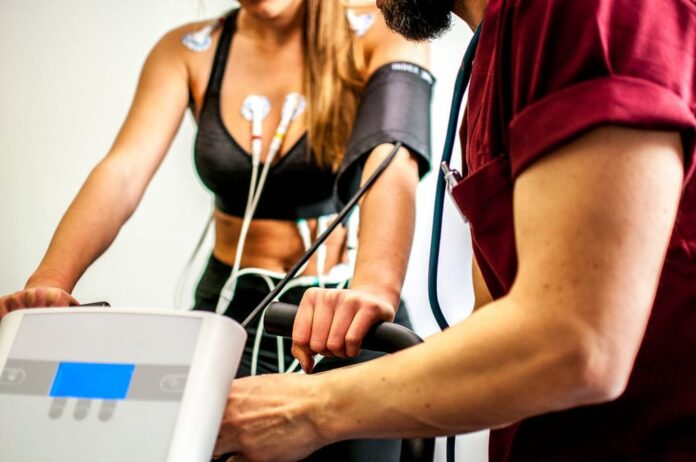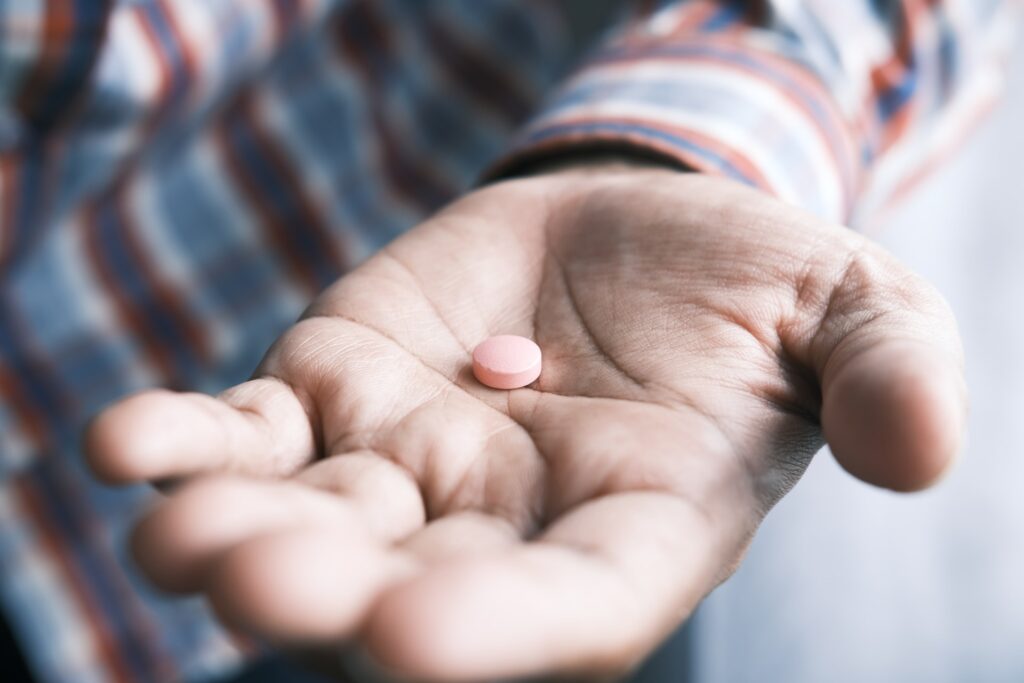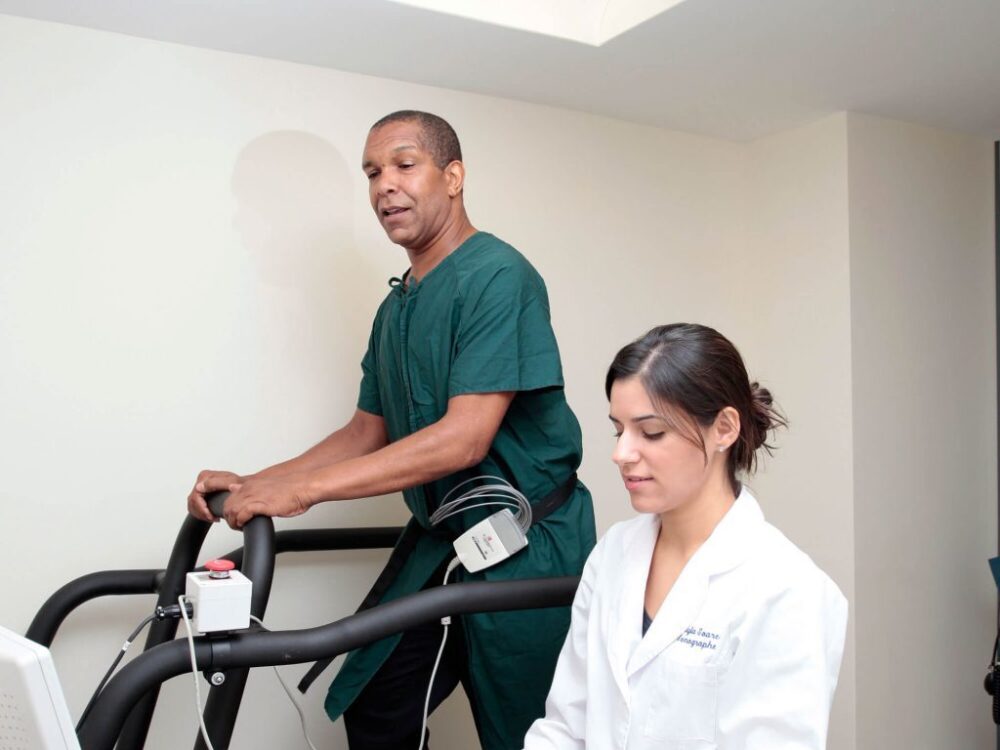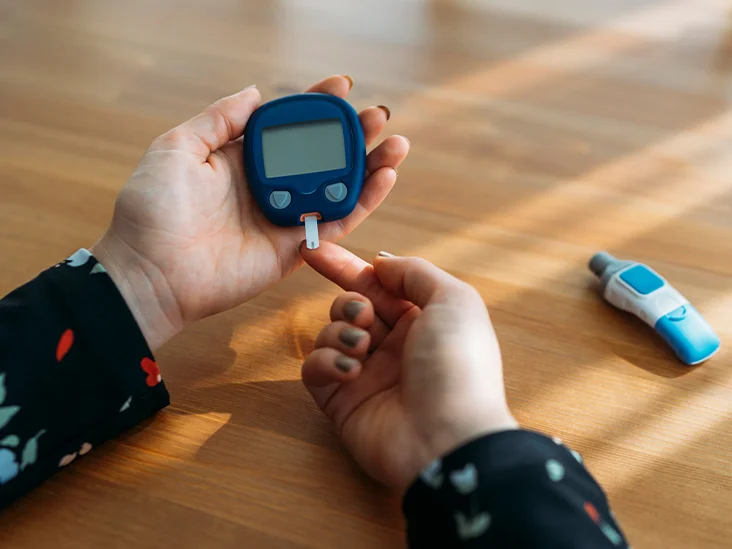
When you go to the hospital complaining of heart problems, one test you will get is an electrocardiogram(ECG). Through this test, your doctor will detect the heart rhythm and assess whether you have any abnormalities in your heartbeat. The cardiologists will eventually use the results to check underlying heart complications such as cardiomyopathy. However, sometimes cardiologists may not derive conclusive results from the ECG in checking your abnormalities. In that case, they will conduct nuclear stress testing Port Saint Lucie, which shows the responsiveness of your heartbeat to the physical exercises. Here are 6 crucial things you should do before nuclear stress testing.
1. Talk About Your Medication

Certain medications you could be taking can interfere with the cardiac stress test results. Beta-blockers such as proplanol and metoprolol that treat heart complications usually reduce heartbeat, impairing your heart rhythm during the test. Therefore, it is good to discuss with your doctor the medicines and complements you are taking. Your specialists recommend avoiding that medication for at least twenty-four hours before the test.
2. Skip Your Meals
When you eat before the test, you increase the chances of nausea during the tests. In addition, the full stomach can interfere with imaging the cardiac stress test since much of the blood will flow to the stomach to enhance digestion. Therefore, you should avoid eating meals two to three hours before your test.
3. Avoid the Caffeinated Drinks

The caffeine compounds usually undermine the myocardial blood flow response to physical activities, causing delayed results. Therefore, you should avoid caffeinated drinks and coffee for at least one day before the nuclear stress test. Some drinks, such as chocolates, contain a hidden proportion of caffeine, so you should check their labels.
4. Exercises
Physical activities before the cardiac test are vital in maintaining heart health. Light exercises such as walking and dancing usually boost blood circulation throughout your body. Through the exercises, you also improve the ideal energy levels during the test.
5. Wear the Loose Outfits

Before the test, you should equip your wardrobe with loose-fitting clothes. Wearing loose outfits during the test facilitates the evaporation of sweat which cools your body. The cushioned shoes are also vital while walking on the treadmill since they help keep you from blisters.
6. Carry the Glucose Monitor

It is a good idea to check your sugar levels before and after the test if you have diabetes. Therefore, you should come with your glucose monitor to the clinic to know the impacts of the exercise on your body. Understanding how the activities during the test affect your blood sugar will help prevent further health complications.
Have you sought the ECG but still cannot detect heart complications? You do not have to worry anymore since nuclear stress testing can help diagnose your heart conditions by incorporating physical exercises. At TLC Medical Group Inc, Anthony Lewis, MD, FACC, uses his expertise in cardiac stress testing to detect heart complications and arrange a treatment plan. Contact their facility for more inquiries about the test through call or online booking.








